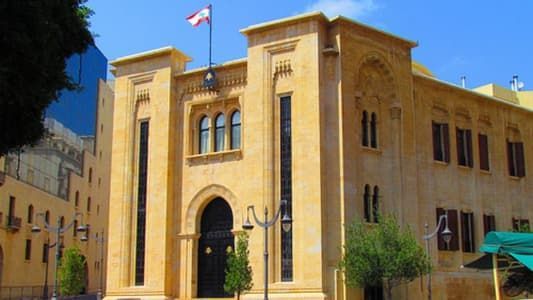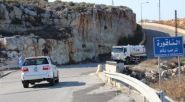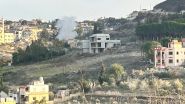
Lebanon’s Parliament is set to resume its work under an extraordinary session, called by presidential decree, and scheduled to run from June 5 to October 20. The announcement, made official Thursday by the presidency, follows a meeting between President Joseph Aoun and Prime Minister Nawaf Salam at Baabda Palace.
While such a move may seem routine, it carries strategic weight. In a country where legislative activity is often paralyzed for more than half the year, this decision aims to restart the parliamentary engine at a time when the urgency for economic and institutional reform is more pressing than ever.
A Constitutionally Framed Session
The extraordinary session is authorized under Article 33 of the Lebanese Constitution, which allows the President—upon the Prime Minister’s recommendation—to summon Parliament outside the regular legislative calendar. That calendar is limited to two ordinary sessions: the spring session (mid-March to end of May) and the fall session (mid-October to end of December), restricting plenary legislative work to just five months annually.
Outside of these periods, Parliament cannot convene legally unless an extraordinary session is declared by presidential decree which sets its duration and agenda.
A Broadened Agenda
According to the decree, the session will cover several areas: laws previously ratified but sent back for reconsideration by the President; pending and upcoming draft laws; and urgent legislative matters. Particular emphasis is expected on economic reforms and sensitive proposals—such as amendments to the law on reclaiming Lebanese nationality.
The wording of the decree is intentionally broad, reflecting a long-standing parliamentary practice. “In practice, Parliament considers itself sovereign and not strictly bound by the limitations of the decree,” explains a constitutional expert to This Is Beirut on condition of anonymity. This interpretation, which took root during the presidencies of Hussein Husseini and Nabih Berri, has enabled the Parliament Bureau to expand the agenda beyond what is legally prescribed.
According to the expert, this is a clear constitutional violation. To preempt legal or political clashes, the executive power tends to issue inclusive agendas—leaving room for maneuver while avoiding symbolic pushback from the legislative body.
Institutional Imperative, Not Political Maneuvering
The same sources affirm that the decision to convene the session is not rooted in immediate political calculations, contrary to some speculation.
Following the signing of the decree, some observers speculated that the move could offer parliamentary immunity to certain MPs during the session. However, sources close to the matter insist: “If some deputies happen to benefit from immunity, it’s purely coincidental—not the reason the decree was issued.”
They add: “It is entirely reasonable for the executive to call for extraordinary sessions—there are laws to pass and urgent work to be done. The five months allotted to ordinary sessions simply are not sufficient.” Especially now, given the country’s deepening social, political, and economic crisis.
Ultimately, this extraordinary session reflects a commitment to institutional continuity at a time of national urgency. While some may see it as a backdoor to political advantage, the core issue remains the same: avoiding legislative paralysis in a country where reforms can no longer wait for the slow rhythm of routine sessions.




Comments